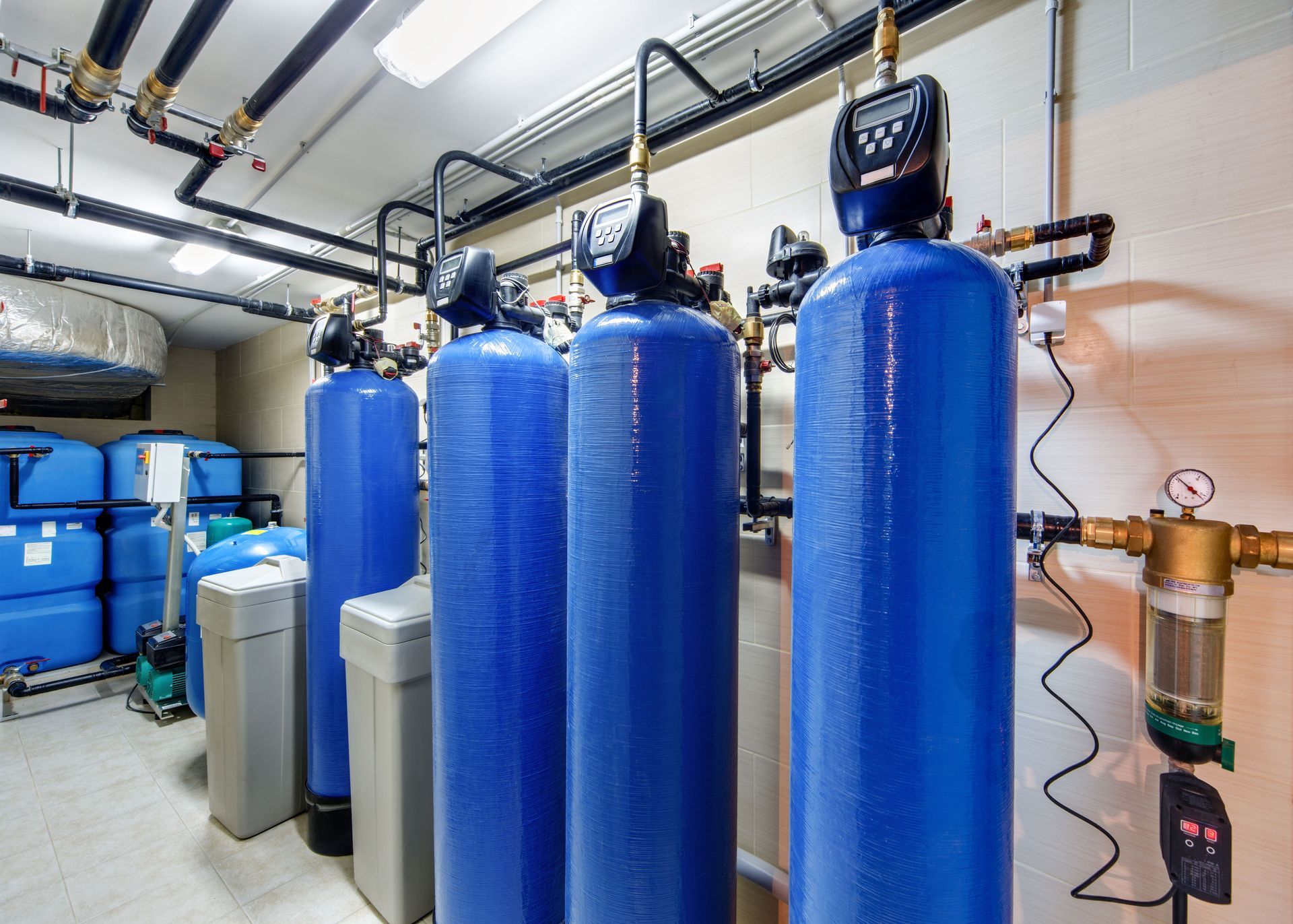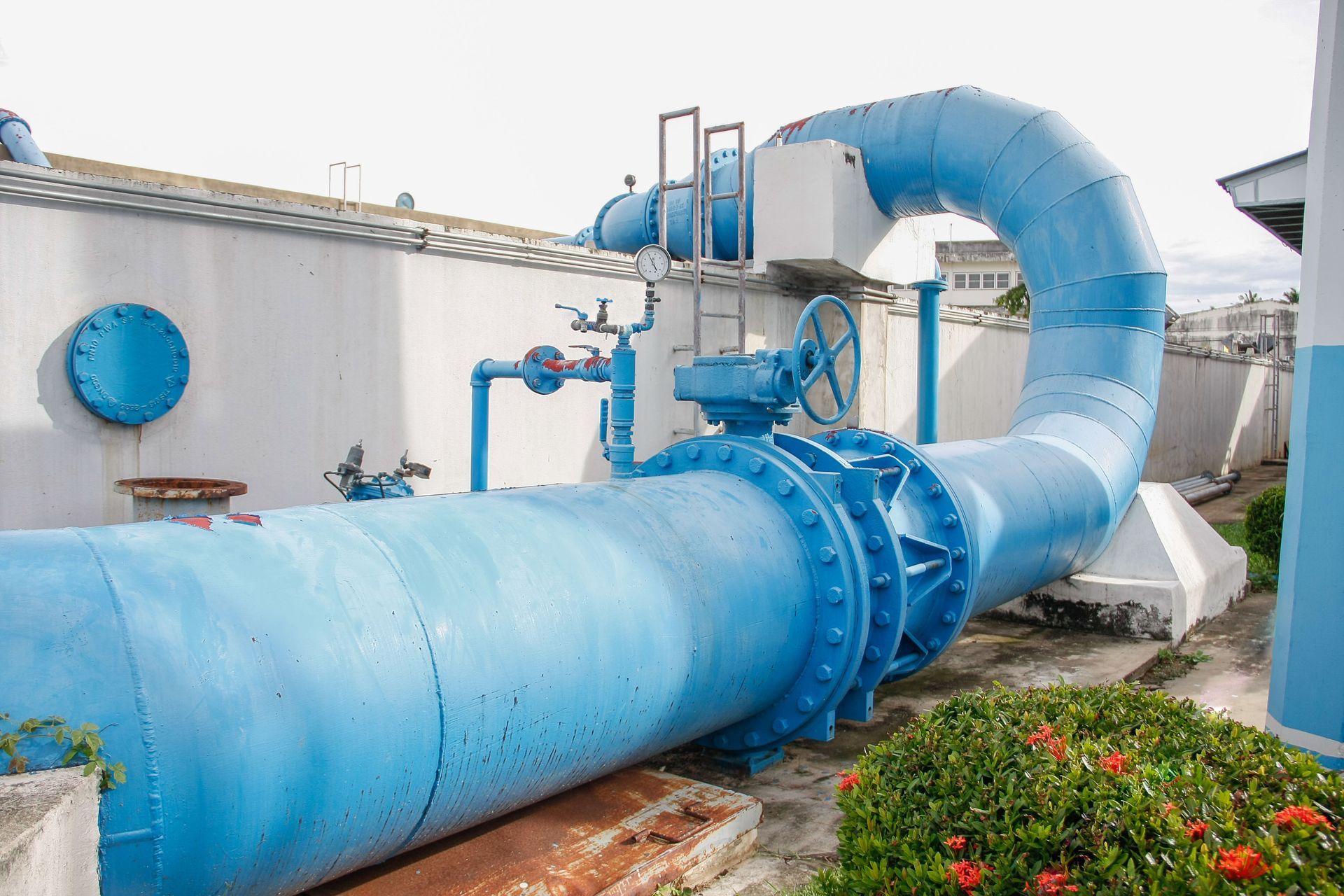11 Surprising Benefits of Quality Water Utility Services
Quality water utility services play a pivotal role in ensuring public health, economic development, and environmental sustainability. While their importance is often overshadowed by more immediate concerns, understanding the breadth of benefits these services offer can significantly impact how communities and policymakers prioritize water infrastructure investments. By securing a reliable and safe water supply, these utilities contribute immensely to a wide range of areas—from reducing health risks to bolstering economic opportunities. They also support resilience against climate change by improving water conservation and resource management. Despite the challenges, advancements in water treatment and management continue to evolve, making water services more efficient and impactful. This article delves into the surprising benefits of quality water services, showcasing why they are indispensable to modern society.
1. Reducing Waterborne Diseases
Quality water utility services are crucial in minimizing the prevalence of waterborne diseases. Clean and safe drinking water is the first line of defense against illnesses like cholera, dysentery, and typhoid. With advanced filtration and purification technologies, these services ensure harmful bacteria and viruses are effectively removed from the water supply. By maintaining stringent standards and monitoring processes, water utilities prevent contamination and stave off public health crises. This proactive approach decreases the morbidity rates attributed to poor water quality, representing a significant public health benefit.
2. Regulating Contaminants
The regulation of contaminants is another critical function of quality water utility services. The U.S. Geological Survey, according to Forbes, found that at least 45% of America's tap water contains polyfluorinated alkyl substances (PFAS), commonly known as "forever chemicals." Effective water utilities have the means to monitor and mitigate such pollutants, ensuring they remain below harmful levels. Regulatory bodies are instrumental in setting guidelines and standards that water utilities must follow to protect public health. This collaborative effort is essential in maintaining trust and confidence in the safety of our water supply.
3. Building Public Confidence in Water Quality
Public confidence in water quality is a pillar of effective water services. When communities trust that their tap water is safe to drink, reliance on costly bottled water and other alternatives is reduced. This not only supports household economies but also reduces plastic waste and environmental impact. Regular communication and transparency about water quality testing results help foster trust between utilities and the public. Confidence in municipal water services ultimately influences indirect health benefits, as people are more likely to drink sufficient amounts of water, contributing to overall well-being.
4. Implementing Advanced Treatment Technologies
Water utility services that implement advanced treatment technologies can significantly enhance water quality. Innovations such as membrane filtration, ultraviolet irradiation, and ozone treatment play a crucial role in removing contaminants. These technologies ensure that even trace levels of harmful substances are effectively filtered out, providing an added layer of safety. Investment in these advanced systems demonstrates a commitment to public health and a proactive approach to tackling future challenges. By adopting cutting-edge treatment methods, water utilities are better equipped to meet the increasing demand for clean water.
5. Providing 24/7 Monitoring and Maintenance
Continuous monitoring and maintenance are integral components of robust water utility services. Round-the-clock surveillance systems are vital in detecting and addressing issues before they escalate into major problems. Automated sensors and smart technologies enable real-time data collection, allowing for immediate responses to any anomalies in water quality. This vigilance ensures that the water supply remains safe and reliable at all times. The dedication to ongoing maintenance and upgrades guarantees that aging infrastructure does not compromise service quality.
6. Attracting Businesses and Investments
A reliable water utility service is a significant attraction for businesses and investments. Companies are more likely to establish operations in areas where infrastructure, especially water, is dependable and of high quality. The assurance of a steady water supply reduces operational uncertainties and potential disruptions, making such locations more competitive. Moreover, regions with robust water services often enjoy better reputations, drawing diverse industries seeking a stable environment for growth. This influx of businesses stimulates local economies, creating jobs and enhancing community prosperity.
7. Supporting Agricultural Operations
Water utility services are vital in supporting agricultural operations, a cornerstone of many local economies. Reliable access to water allows farmers to plan and sustain their crop and livestock production without the fear of resource shortages. In many regions, advanced irrigation systems are supported by robust utility services, maximizing water efficiency and productivity. Such infrastructure helps mitigate the challenges posed by droughts and unpredictable weather patterns. By fostering sustainable agricultural practices, water utilities play an essential role in ensuring food security and economic stability.
8. Enhancing Property Values
The presence of quality water utility services is positively correlated with enhanced property values. Prospective homeowners and investors prioritize locations with strong infrastructure, including reliable water services. This demand drives up property prices, benefiting current homeowners and expanding the tax base for municipalities. Quality water services indicate broader community investments in infrastructure, enhancing overall appeal and livability. Consequently, areas with superior water services often experience more robust real estate markets and economic resilience.
9 Reducing Unnecessary Healthcare Costs
Quality water utility services contribute to the reduction of unnecessary healthcare costs. By providing clean and safe water, these services prevent waterborne diseases and associated medical expenses. Reducing the incidence of illnesses linked to contaminated water alleviates the burden on healthcare systems and saves resources. Healthier populations mean fewer hospital visits and lower insurance premiums, which translate to economic benefits for individuals and communities alike. The financial savings from these preventative measures further justify investments in water utility infrastructure.
10. Stimulating Job Creation Within the Utility Sector
The water utility sector is a significant source of employment, stimulating job creation across various levels. The demand for skilled labor in maintenance, engineering, and technology drives workforce opportunities and career development. Investments in water infrastructure result in job growth, not only within the utility sector but also in related industries such as construction and technology. As communities upgrade and expand their water systems, the requirement for a diverse range of expertise grows, fostering economic development. This ripple effect emphasizes the sector's role as an economic engine.
11. Preserving Natural Water Bodies
Water utilities play a significant role in the preservation of natural water bodies through sustainable management practices. Efforts to reduce pollutants and maintain natural ecosystems ensure these bodies are not degraded by human activity. By managing wastewater and runoff effectively, water utilities help protect local flora and fauna, maintaining biodiversity. This approach is essential for environmental health and aligns with broader conservation efforts. The preservation of natural water sources also guarantees the availability of clean water for future generations.
The multitude of benefits provided by quality water utility services underscores their vital role in fostering a healthier and more prosperous society. As we continue to face challenges related to population growth, climate change, and resource scarcity, prioritizing these services is essential for ensuring sustainable development and resilient communities. These utilities not only protect public health and safety but also drive economic growth and support environmental stewardship of our land. Embracing technological advancements within utility services further enhances their impact and efficacy. The concerted effort to invest and innovate in water services is paramount for securing a sustainable future for all. Do you know if you're in need of water services? Contact ABT Water Management to request onsite services today!






Share On: